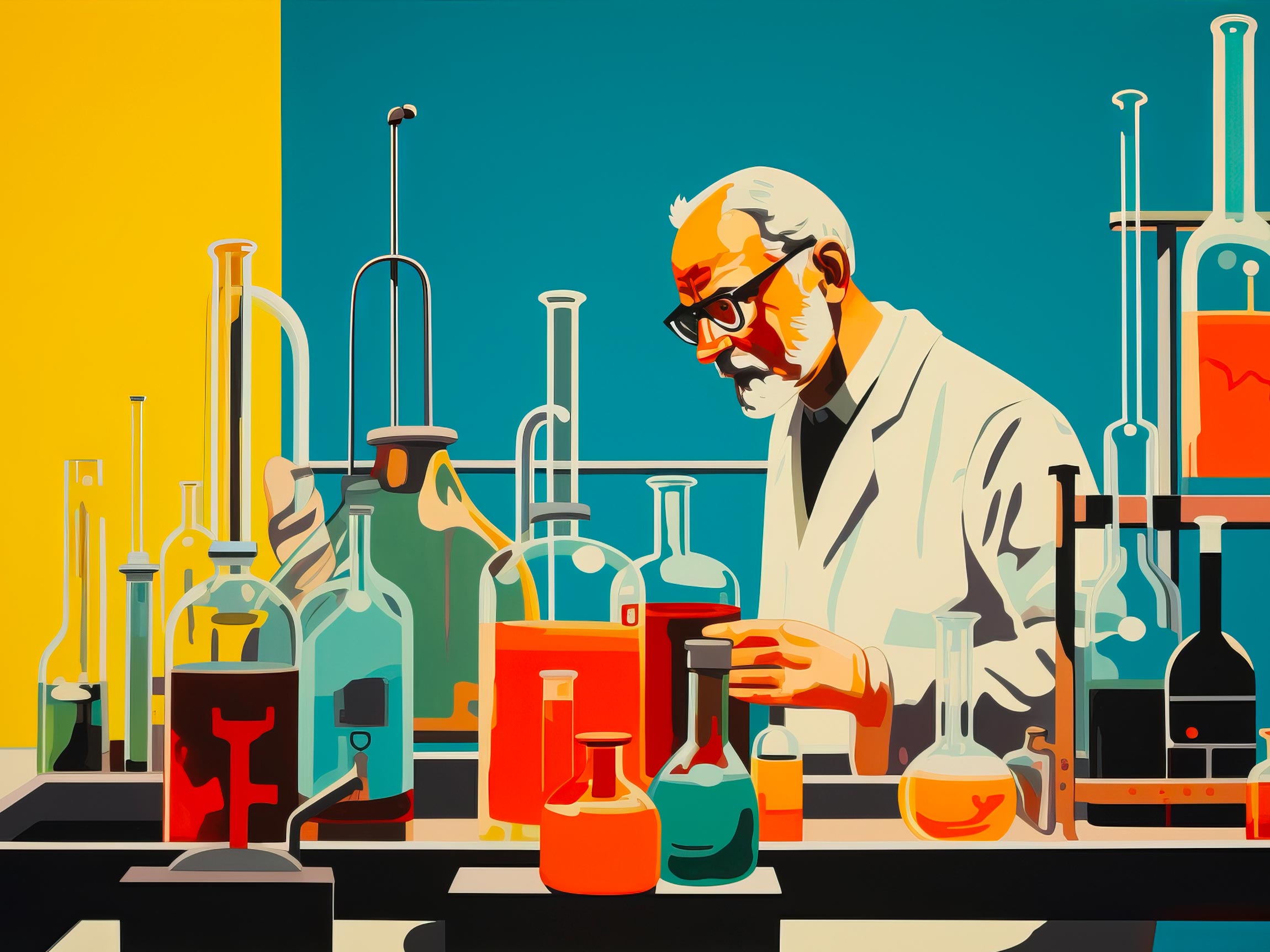This month-long celebration not only pays tribute to the remarkable achievements of Hispanic scientists but also underscores the profound impact of diversity in propelling the frontiers of biotech innovation.
A Tapestry of Excellence: Hispanic Scientists Shaping Biotech
Hispanic scientists have played an indelible role in shaping the trajectory of biotechnology, leaving an enduring mark on a field driven by curiosity and discovery. Among the illustrious figures deserving of spotlight are:
Dr. Lydia Villa-Komaroff: A pioneering molecular biologist, Dr. Villa-Komaroff’s work included significant contributions to understanding insulin synthesis and cell growth regulation.
Dr. Frances Colón: A prominent voice in environmental science and policy, Dr. Colón’s advocacy has championed sustainability and climate change awareness on a global scale.
Dr. Antonia Novello: As the first woman and first Hispanic to serve as Surgeon General of the United States, Dr. Novello focused her efforts on advocating for public health and children’s well-being.
Dr. Mario Molina: A Mexican chemist, Dr. Molina was awarded the Nobel Prize in Chemistry in 1995 for his groundbreaking research on the depletion of the ozone layer by chlorofluorocarbon gases. His work led to the international effort to address the ozone hole and its impact on the environment.
Dr. Helen Rodríguez Trías: A pediatrician and women’s rights activist of Puerto Rican descent, Dr. Rodríguez Trías was a staunch advocate for reproductive rights and healthcare access. She played a pivotal role in ensuring that the health needs of marginalized communities were addressed through policy and research.
Dr. Pedro Alonso: A Spanish epidemiologist, Dr. Alonso has been instrumental in advancing the fight against malaria. His research in clinical trials and vaccine development has contributed significantly to reducing the burden of malaria in endemic regions.
Dr. Elena Ríos: A physician and advocate for healthcare equality, Dr. Ríos has been at the forefront of addressing health disparities in Hispanic and underserved communities. Her work focuses on improving access to quality healthcare and promoting cultural competence in medical practice.
Dr. Baruj Benacerraf: A Venezuelan-American immunologist, Dr. Benacerraf was awarded the Nobel Prize in Physiology or Medicine in 1980 for his discoveries concerning genetically determined structures on the cell surface that regulate immunological reactions.
Dr. Ana María Rey: A physicist from Colombia, Dr. Rey’s work focuses on quantum technologies and ultra-cold atomic gases. She has made significant contributions to the field of atomic, molecular, and optical physics.
Dr. Mariano García-Blanco: A molecular biologist from Puerto Rico, Dr. García-Blanco’s research has advanced our understanding of RNA splicing and its implications for genetic diseases.
Shattering Barriers: Hispanic Scientists’ Contributions
The influence of Hispanic scientists extends far beyond their individual achievements; it permeates the very essence of biotech’s progress. Their contributions are a testament to the power of diverse perspectives in driving scientific innovation:
Advancing Drug Development: Hispanic scientists have made pivotal contributions to drug discovery, revolutionizing treatments for a wide array of diseases, from cancer to rare genetic disorders.
Innovating Diagnostic Tools: Through innovative diagnostic technologies, Hispanic researchers have facilitated early disease detection and patient-centered healthcare.
Promoting Ethical Biotech: Hispanic scientists have actively contributed to shaping ethical frameworks that govern biotech research and ensure responsible innovation.
Strength in Diversity: Fueling Innovation and Creativity
Diversity is not merely a buzzword but a catalyst for innovation and creativity. The fusion of distinct cultural backgrounds, experiences, and perspectives fosters an environment where ideas collide, intersect, and flourish. This cross-pollination of concepts drives breakthroughs that have the potential to transform human health and well-being.
Nurturing the Next Generation: Empowering Hispanic Scientists
Amid the celebrations of Hispanic Heritage Month, it is imperative to nurture the next generation of Hispanic scientists. Mentorship programs, scholarships, and educational initiatives play a crucial role in equipping young minds with the tools and inspiration to follow in the footsteps of their esteemed predecessors.
From laboratories to boardrooms, Hispanic scientists illuminate the path forward, reminding us that progress flourishes when diversity is celebrated and embraced. As we honor Hispanic Heritage Month, we not only pay homage to those who have paved the way but also embrace the boundless potential of a future where innovation knows no limits.


